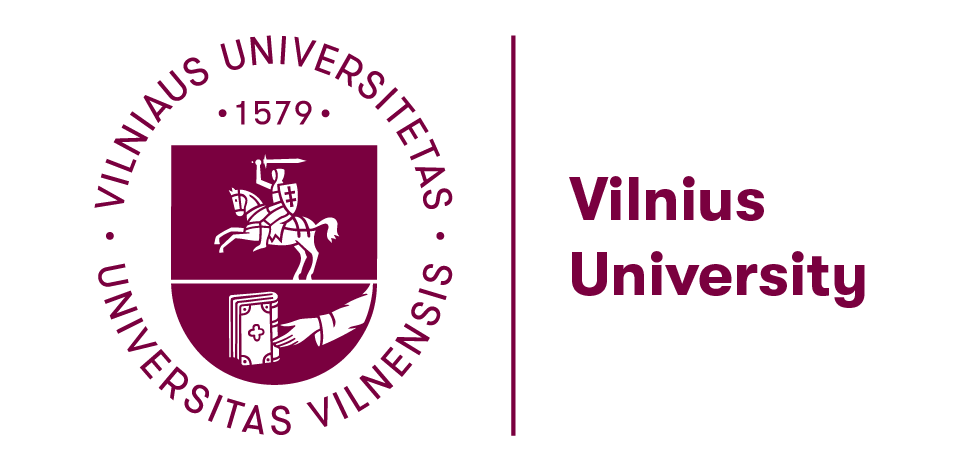A. Jakaitienė, R. Želvys, S. Raižienė, R. Dukynaitė, D. Stumbrienė, J. Vaitekaitis, L. Ringienė, J. Žilinskas, A. Žilinskas
Vilniaus universiteto leidykla.Vilnius: 2022, 538 p.
ISBN: 9786090707203
Santrauka. Monografijoje analizuojama, ar yra išmatuojamas švietimo efektyvumas ir našumas. Parodoma, jog remiantis ekonomine paradigma iš tiesų galima išmatuoti / įvertinti švietimo efektyvumą ir našumą˛ tam tikru lygmeniu, tačiau ekonominė paradigma neapima švietimo plačiąja prasme ir yra kitos švietimo dimensijos, kurios itin svarbios, bet sunkiai matuotinos. Monografiją sudaro dvi dalys. Pirmojoje, edukologinėje, dalyje aptariami ir įvairių paradigmų kontekste išdiskutuojami efektyvumo ir našumo apibrėžimai. Apžvelgiami švietimo modeliai, itin populiarėjantys tarptautiniai didelės apimties pasiekimų tyrimai, kaip ir nacionaliniai mokinių pasiekimų tyrimai, egzaminų rezultatai. Pateikiami susisteminti kitų mokslininkų tyrimai švietimo efektyvumo ir našumo vertinimo klausimais. Antroji monografijos dalis yra skirta autorių atliktiems empiriniams tyrimams švietimo efektyvumo ir našumo vertinimo tematika pristatyti.
J. Vaitekaitis, D. Stumbrienė
Acta Paedagogica Vilnensia.Vilnius: 2022, 48
DOI:
Abstract. This study explores the relationship between citizens’ political views and 15-year-olds results in the PISA 2018 assessment of global competence. In particular, we look at the correlations of 18 EU nation-states citizens’ political preferences (right-leaning) and students’ non-cognitive skills, attitudes, and values. Data from the OECDs’ PISA global competence and European Social Survey for the year 2018 were used. After the analysis, it can be presumed that the higher share of the right-leaning population in the country is associated with lower students’ global competencies.
D. Stumbrienė, R. Želvys, J. Žilinskas, R. Dukynaitė, A. Jakaitienė
Socio-Economic Planning Sciences. 101293
DOI: doi.org/10.1016/j.seps.2022.101293
Abstract. Inclusive and equitable quality education is at the top of the agenda of education authorities worldwide. However, frontier-based efficiency studies involving cross-country comparisons of education systems in terms of educational equity are still incipient. This paper elaborates on the concepts of efficiency and effectiveness from the perspective of inclusion and fairness to propose a conceptual framework for education systems. According to the proposed framework, the education system of a country could be optimal, selective, excessive, or deprived. We employed the framework for 26 European countries to illustrate its applicability. The Data Envelopment Analysis approach based on a directional distance function model with both desirable and undesirable outputs was used to measure effectiveness and efficiency. The comparison amongst education systems is based on all key-stages of education: early childhood, primary, lower secondary, upper secondary, and tertiary education. The empirical results indicate that European countries do not follow the common policy framework for ensuring inclusion and fairness in their education systems as well as within the country between key-stages. Furthermore, we demonstrate that economic categories such as effectiveness and efficiency have different connotations when applied to education and should be interpreted taking into account the peculiarities of national education systems.
L. Ringienė, J. Žilinskas, A. Jakaitienė
H. A. Le Thi, T. Pham Dinh, ir H. M. Le (Eds.), Modelling, Computation and Optimization in Information Systems and Management Sciences. Cham: Springer International Publishing: 2022, p. 271–282
DOI: 10.1007/978-3-030-92666-3_23
Abstract. High volume and special structure International Large-Scale Assessment data such as PISA (Programme for International Student Assessment), TIMSS (Trends in International Mathematics and Science Study), and others are of interest to social scientists around the world. Such data can be analysed using commercial software such as SPSS, SAS, Mplus, etc. However, the use of open-source R software for statistical calculations has recently increased in popularity. To encourage the social sciences to use open source R software, we overview the possibilities of five packages for statistical analysis of International Large-Scale Assessment data: BIFIEsurvey, EdSurvey, intsvy, RALSA, and svyPVpack. We test and compare the packages using PISA and TIMSS data. We conclude that each package has its advantages and disadvantages. To conduct a comprehensive data analysis of International Large-Scale Assessment surveys one might require to use more than one package.
R. Želvys, A. Jakaitienė
Lietuvos statistikos darbai. Vilnius: 2021, 60(1), p. 29–40
DOI: 10.15388/LJS.2021.26445
Abstract. Academic institutions are seeking to attract the most capable and prospective students. Many research studies seek to identify factors determining a successful transition from secondary to tertiary education. One of the important issues is the predictive value of national testing/Matura examination results in relation to higher education institutions admission. The aim of our study is to quantify the odds to study at university and the results of centralised student assessments (the 10th grade and Matura) of mathematics and the Lithuanian language and literature for the period of five years (Matura examinations for the period 2014–2018), taking into account the student's gender, the location of the school attended, social support, and special needs indicators. We estimate that the Matura grade in mathematics is almost double more important when compared to the10th grade test results for odds of studying at higher education institutions. Grades of the Lithuanian language and literature obtained to be twice more import for males than females. From 2023 or 2024, we may observe the downward trend of people with tertiary educational attainment in Lithuania.




